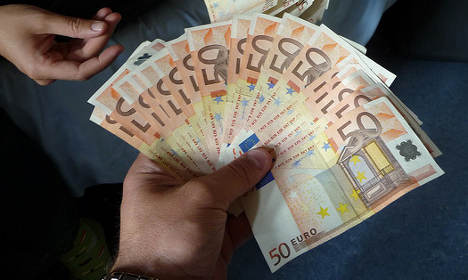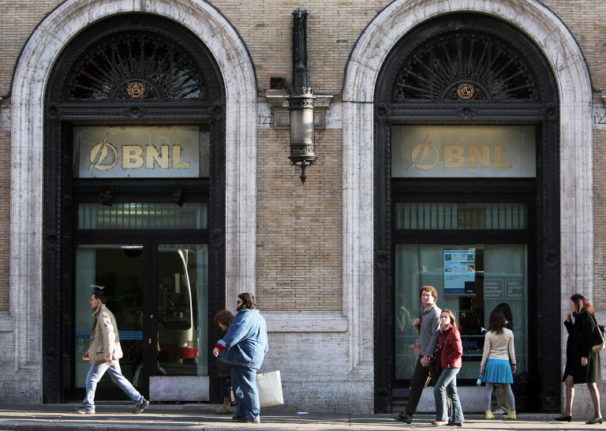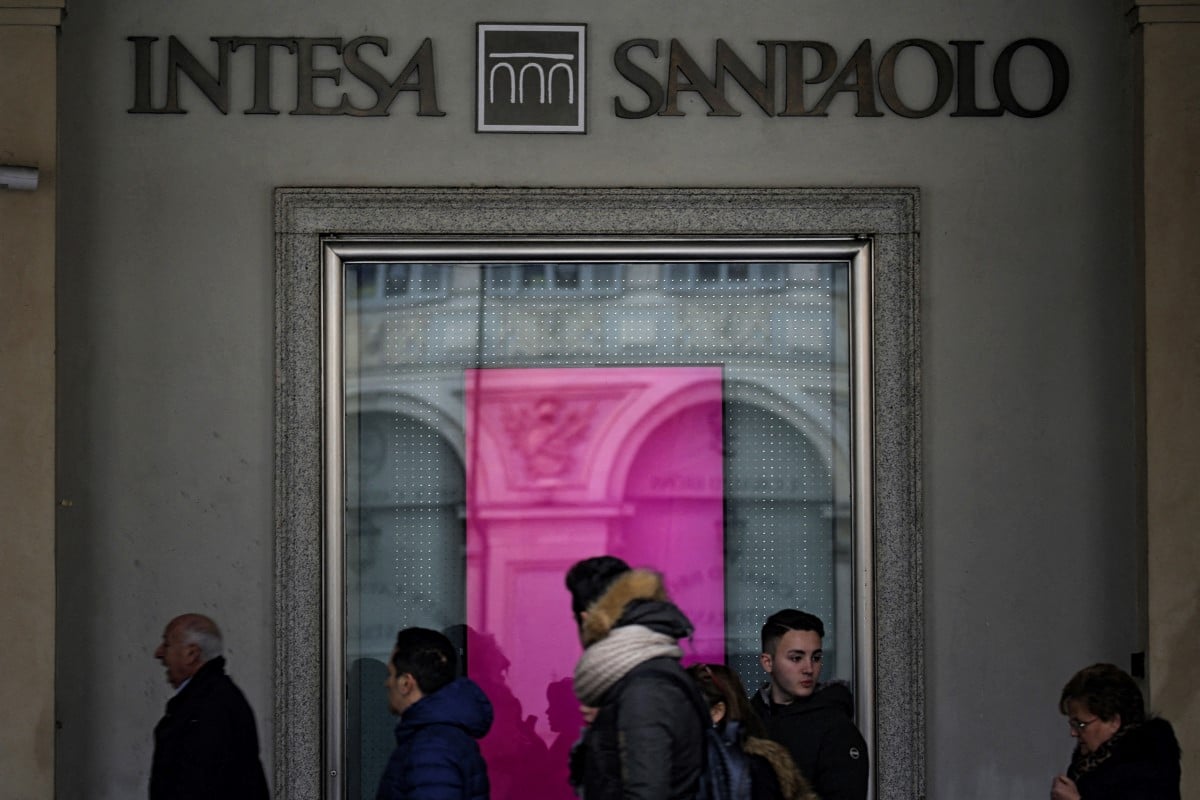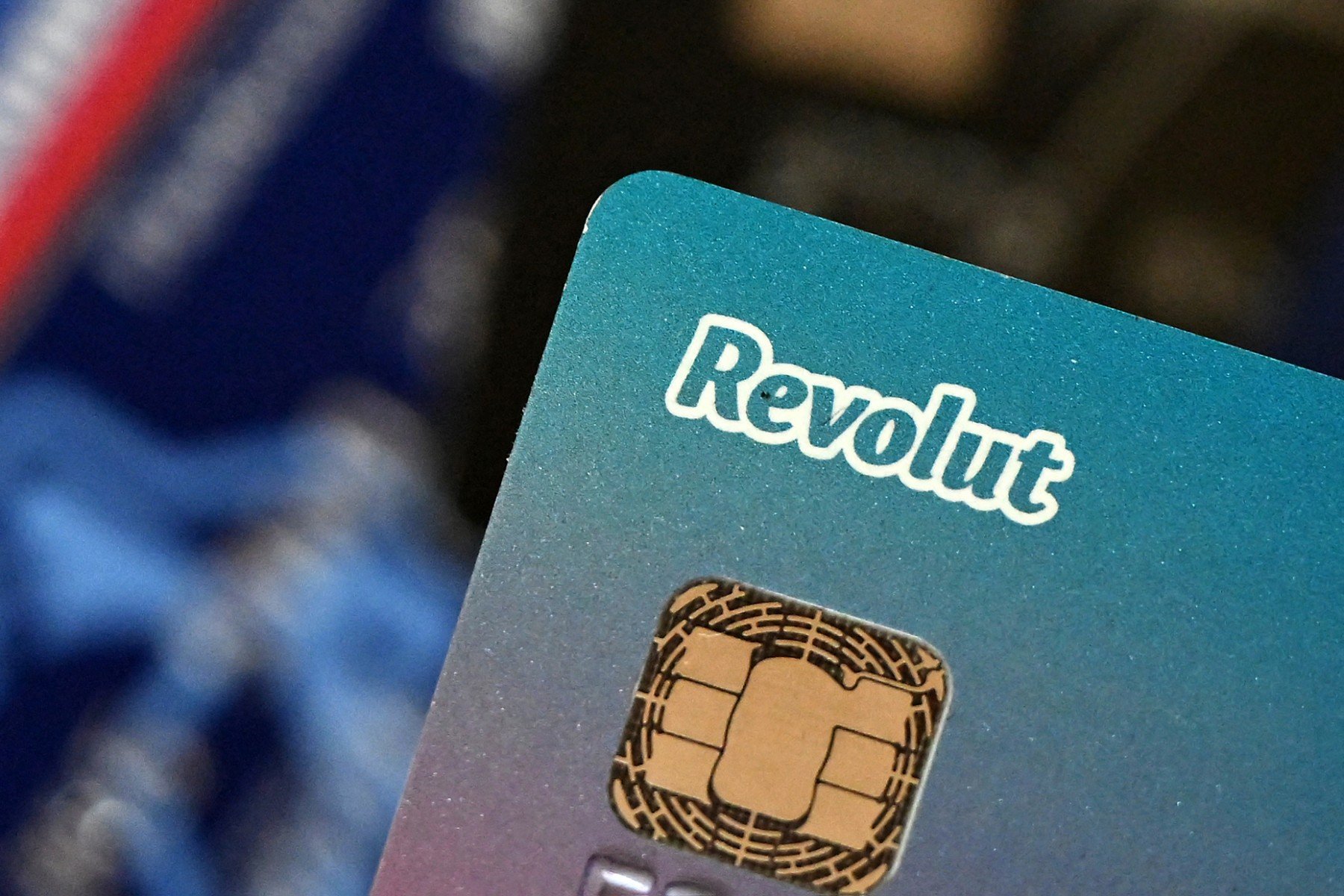Kristal and Elisabetta Giachino were cycling in the hillside town of Cocconato, not far from Turin in Piedmont, when Jack the dog alerted them to something peculiar – a small packet lying on the ground, next to a car.
Their curiosity piqued, the girls investigated the package – only to discover that it contained a pile of cheques and euro notes.
The stash totalled €10,000, La Stampa reported.
The girls ran to find their father, who was at a nearby cafe, to show them what they found.
Luckily, he was able to make out the name on the cheques and identify the rightful owner of the money as a local businessman, who had apparently dropped the package as he got out of his car.
The family set off to his office to return the money – only to bump into the businessman on their way. Having realized that he had lost the money, he was retracing his steps.
To thank the family, the businessman took them out to a local bar/café and promised to give the girls a cash reward as well.





 Please whitelist us to continue reading.
Please whitelist us to continue reading.
Member comments